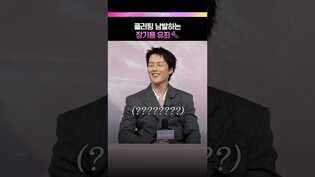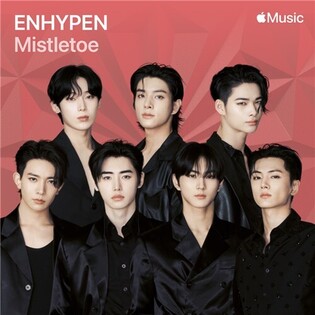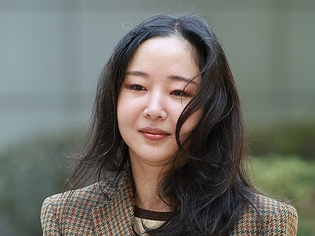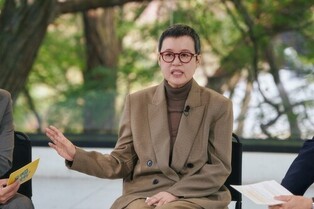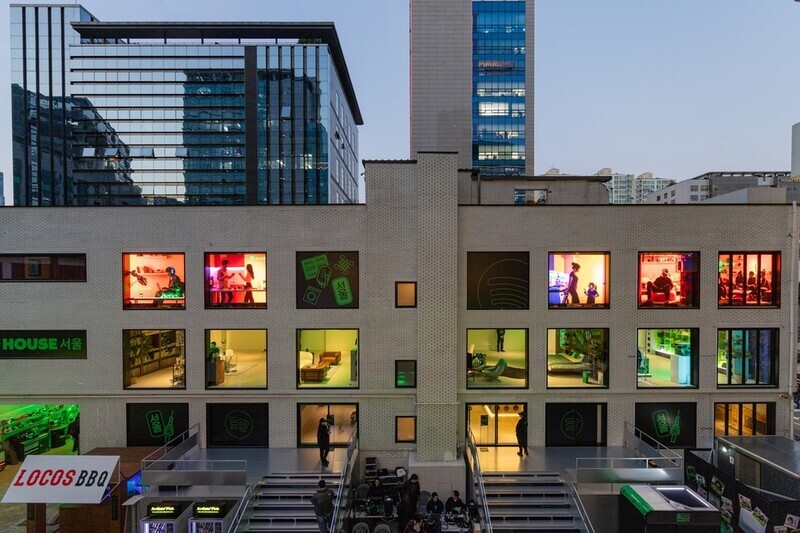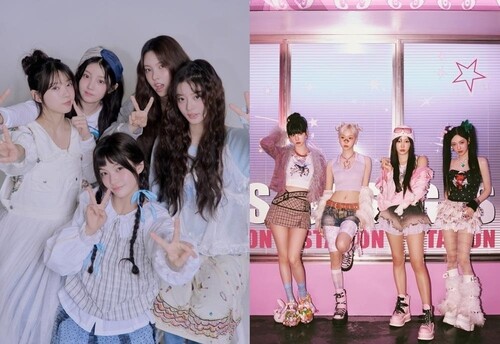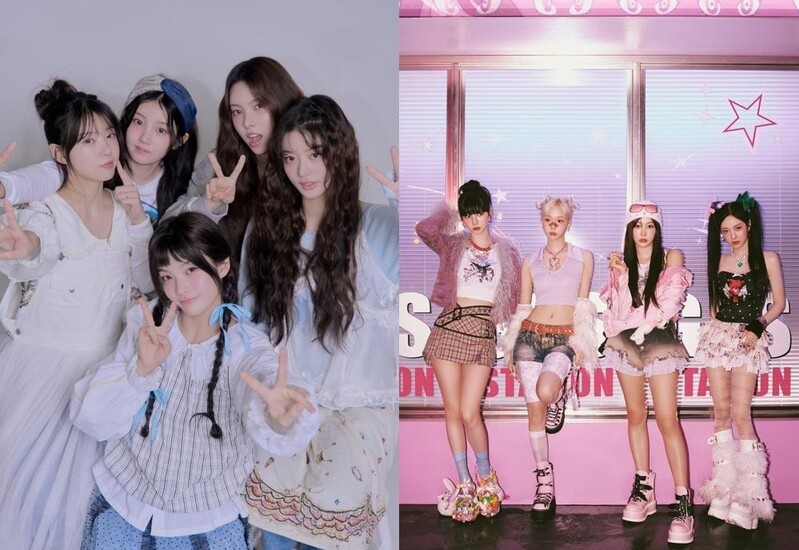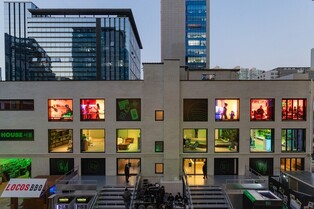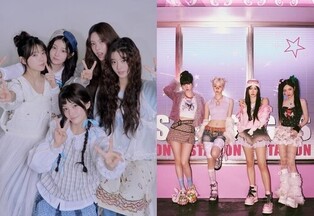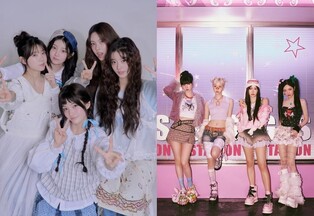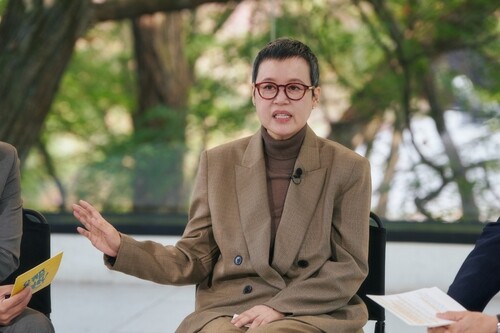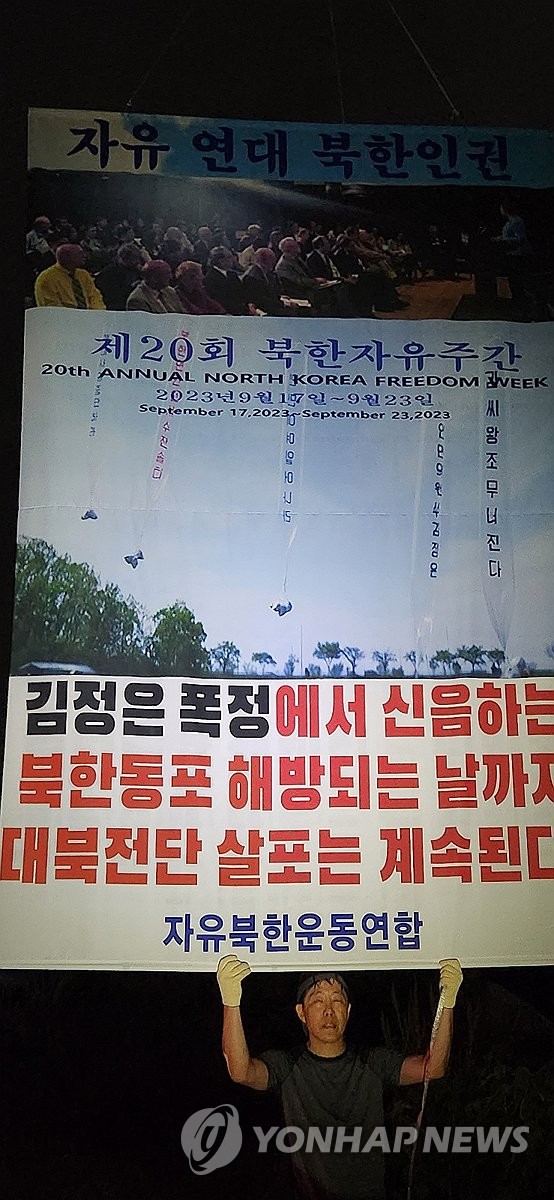 |
| ▲ This image, provided by Fighters for a Free North Korea on Sept. 21, 2023, shows a banner attached to a balloon carrying anti-Pyongyang leaflets. (PHOTO NOT FOR SALE) (Yonhap) |
unification ministry-leaflet campaign
Gov't to consider inter-Korean relations, freedom of expression in policy on leaflet distribution into N.K.
By Lee Minji
SEOUL, Oct. 5 (Yonhap) -- The unification ministry will formulate its policy on the issue of propaganda leaflet distribution into North Korea while comprehensively taking into account inter-Korean relations and the Constitutional Court's decision to strike down a ban on leaflet distribution, an official said Thursday.
Last week, the court ruled the revised Development of Inter-Korean Relations Act to be unconstitutional, saying it excessively restricts the constitutionally guaranteed right to freedom of expression. It led to the law's immediate annulment.
The decision came 2 1/2 years after the revised law went into effect under the previous Moon Jae-in administration on the grounds that such leafleting could provoke the North to undertake provocations and put the safety of border town residents at risk. But critics had said the law stifled freedom of expression.
"We will prioritize the meaning of the Constitutional Court's decision on guaranteeing the freedom of expression," a ministry official told reporters on condition of anonymity. "We will consult with organizations while comprehensively factoring in circumstances such as the inter-Korean relationship."
When asked if this marks a shift from the ministry's previous stance that civic groups should refrain from such campaigns, the official responded, "Yes, when considering inter-Korean relations."
"The government will think about what policy it will take by taking various points into account," he said.
The court decision came in response to a constitutional petition filed by a group of civic groups on North Korean human rights, including Fighters for a Free North Korea (FFNK), against the law on the day of its promulgation.
North Korean defector groups in South Korea, such as the FFNK, have sent big plastic balloons carrying leaflets -- mostly with face masks and medicine -- over to the North in what they say is a bid to free North Korean people from the tyrannical North Korean regime with outside information.
The campaigns, however, have been a recurring source of conflict between South and North Korea.
In June 2020, the North blew up the joint liaison office in Kaesong in protest of Seoul's failure to stop North Korean defectors from sending anti-Pyongyang leaflets across the border.
(END)
(C) Yonhap News Agency. All Rights Reserved

















